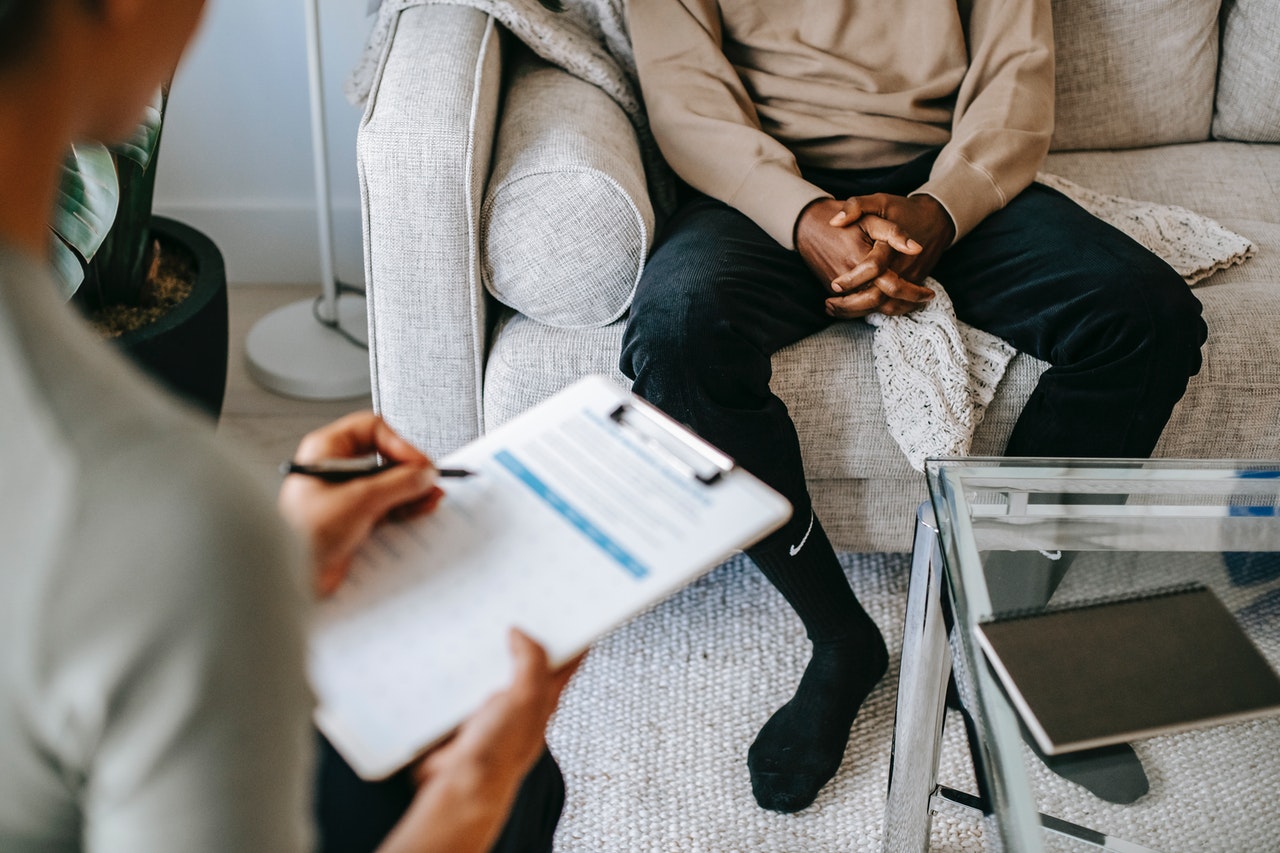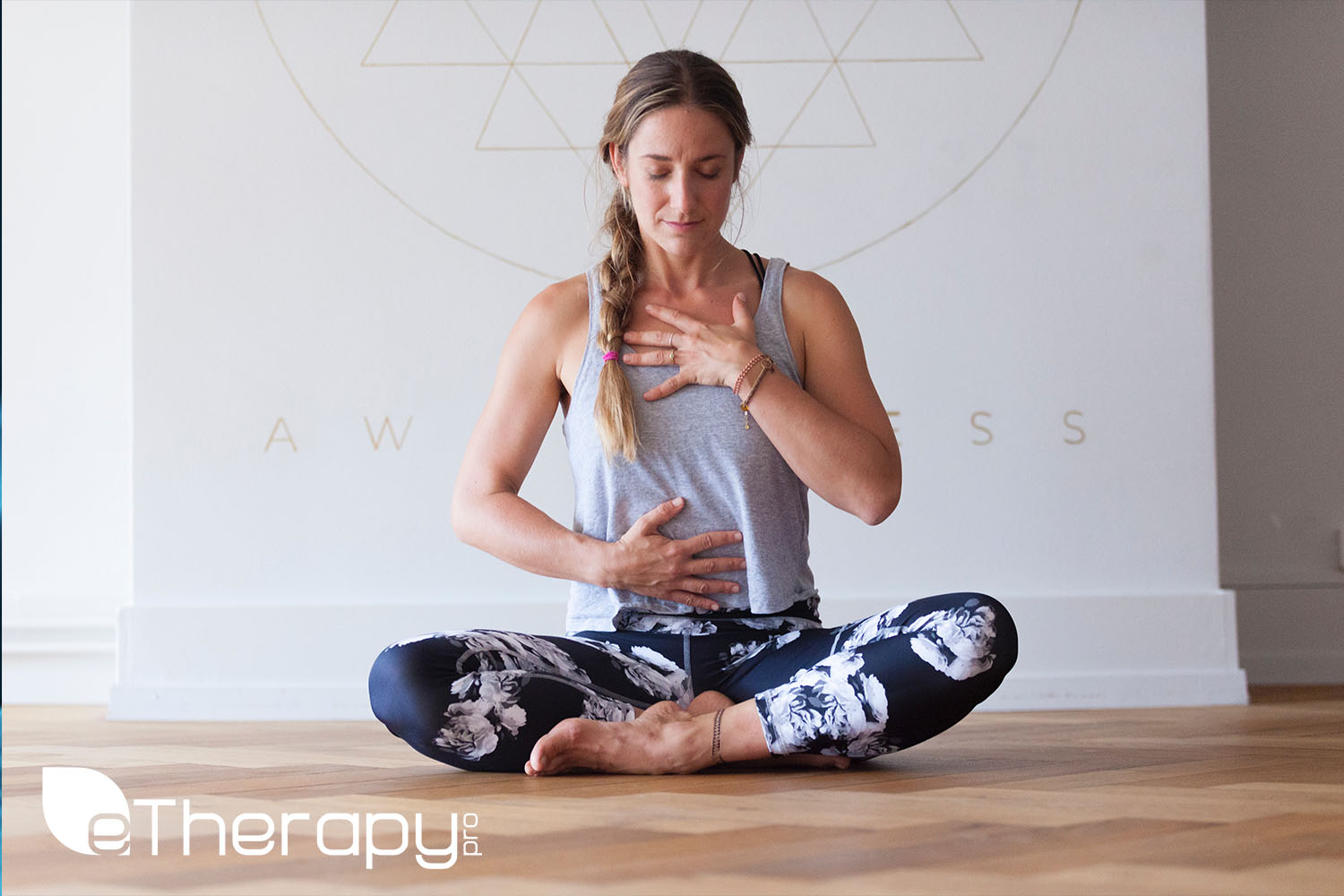Is excessive stress, anxiety, and depression destroying the peace of your life? If so, take the necessary steps and do not allow anxiety to destroy the charm of life. Stress can be defeated with the help of a positive mindset. Very often, we believe that stress has made our life a pressure cooker. It is because when the level of stress crosses its limit, we land in a helpless condition. A little stress is very common in life, but when the stress starts crossing all the limits, then it can wreak havoc in your life.
The online psychologist understands the human mindset. They know how to identify and pinpoint the exact area where the pressure is generated in the human mind. They know how to give patients hope and courage. If you are feeling overwhelmed by stress, it is good to take help from professional experts because a lack of action can aggravate the problem.
How does stress affect life?
Stress can cause a myriad of mental health problems. You can fall into the grip of depression, insomnia, memory problems, and even panic attacks. Most people admit that they have difficulty concentrating. When a person regularly deals with stress, it impacts their health. The quality of life has seriously deteriorated. We become less productive and start living with negative thoughts. Many people even admit that they deal with their family in a very harsh manner. Most people do not look for any social support. There is also a possibility that your confidence level will go down. With the help of anxiety counselors, you can deal with stress in a much better way. If you are struggling with some chronic illness, then the presence of stress can create further complications. Many people struggle with chronic headaches, and the reason is extreme stress.
Live in the present moment to deal with the stress
Breathe deeply when you struggle with intense stress and live in the present moment. You can neither change your past nor, you can change future events. So, you must concentrate on the future. Whenever you are stressed, take a shallow and short breath. Try to calm your mind and mood through all possible means. Do not worry about the future, you can never interfere with your future. Learn the capacity of your body and try to understand that stress is a temporary part of life. You must realize that everything that begins comes to an end. Your stress will also come to an end, just live your life with this perception. A positive mindset allows us to fight stress. You should also practice self-kindness.
You must learn the art of convincing. Just convince your heart and mind that everything will get better very soon, and the situation will stabilize. You can also indulge in some meditation. Learn how to control your breath, thoughts as well as emotions. With the help of an online psychologist, you can learn the skills that can be used for combating stress. This way you will be able to defeat big problems. You must cultivate relationships with people who have a positive mindset. If you are feeling alone and isolated during a stressful time, then the company of such people will act as a support system. You can manage stress in a much better way.
Opt for a self-care plan
Everyone has a different mindset. Some people take problems very seriously, and they stop indulging in other activities. There are others who are optimistic, and they prefer to fight. Some people prefer to spend time with others because they socialize. You must opt for a self-care plan. Spend time with your friends and enjoy cups of coffee. Create a list of activities in which you want to participate. Devote time to such activities and enjoy your life.


